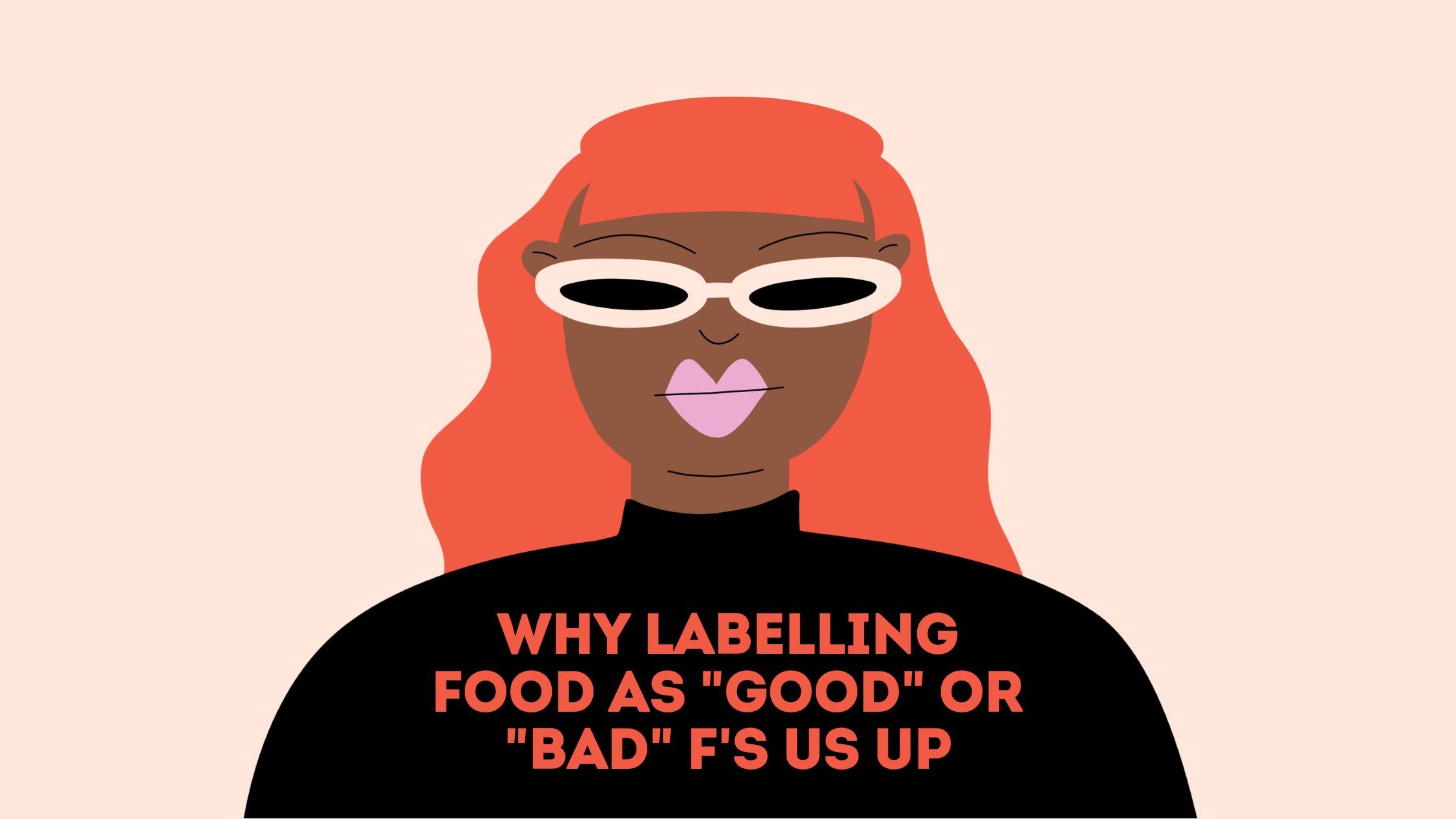Heard about cycle syncing or food for your cycle health? Then you’ve come to the right place. We’ve summarised five foods for your cycle health below.
Look, there is no denying that the Mediterranean Diet is well researched and has positive benefits to both physical and mental health from a reduction of risk of chronic diseases like diabetes and heart disease and also a reduced risk of depression. This doesn’t mean that other traditional diets (like across the Blue Zones) don’t also prove to be beneficial to health, it’s just one pattern of eating that’s been researched the most! We love it, because at it’s core, it’s just a high variety diet with some key nutrients to note. PLUS it’s often easily applied and implemented across most people’s base diets.
What’s also exciting, is that the emerging science behind the anti-inflammatory properties of the Mediterranean Diet and it’s benefits to menstrual cycle health. With particular reference to the treatment and support of Polycystic Ovarian Syndrome (PCOS), Endometriosis and infertility. Some research suggests that is may even reduce the need for pharmacological or surgical interventions in those with infertility. The Mediterranean Diet itself is rich in antioxidants, vitamins &, minerals and vitamins and focusses on enjoyment, flavour & shared food experiences (and so much more). Here are some of the key foods and nutrients you can include in your diet to increase the variety of your diet to eat more like a Mediterranean for your cycle health.
Eat colourful fruits and vegetables, in most meals or snacks (where possible).
Colour is a great indication of variety. The colour in fruits and vegetables are the antioxidants that are present inside them. Antioxidants are beneficial nutrients to health as they reduce oxidative stress from free radical damage from foreign invaders to your body. They are protective to your health both physically and mentally. Your heart, skin, brain, gut, bowels, you name it, your body LOVES vegetables.
How?
Try fresh, frozen or dried fruit on cereal, fruit in salads, veggies at brekkie (hello mushrooms. avocado or tomato), grated carrot or zucchini in our pasta sauces, canned corn in soups. Don’t forget our humble legumes: tin of chick peas in curries or soups, tin of lentils in salads, tin beans in chilli (try a mixed bean instead of just kidney – more variety!)
Try and eat Omega-3 fatty acids twice a week.
Omega 3 is a type of polyunsaturated fat which is incredibly beneficial to our health and is also anti-inflammatory.
How?
Aim for fatty fish like salmon, sardines or mackerel. But also nuts and seeds like flaxseeds, chia seeds and walnuts. All nuts and seeds tbh are great additions to morning cereal, smoothies or snacks with fresh or dried fruit & yoghurt!
Extra Virgin Olive Oil is your friend.
This oil contains powerful antioxidants called polyphenols alongside containing monounsaturated and polyunsaturated fats which are all anti-inflammatory! The most important thing to note here is the ‘Extra Virgin’ part of the olive oil. This means the first press of the olives to make the oil and that is what contains all of the beneficial properties. It can be an expensive oil so this may not always be an option for some.
How?
Turns out you can cook with it! Any references you may have seen or heard that say you can’t have been debunked! Use it to dress your salads or drizzle over brekkie aka gourmet toast!
Munch down your whole grains, at most meals.
People forget about how damn nutritious whole grains are and often leave them out at meal times. The cut carbs message from the 90’s seems to have held strong. But we’re here to share that these bad boys are incredibly nutritious, full of fibres, vitamins and minerals to help your digestive system digest your food and extract what it needs and leave what it doesn’t. Whole grains are gut microbiome nourishing packages!
How?
Try including some type of grain at each meal eg: oats/porridge for brekkie, muesli or other cereals. Wholegrain toast works too! We love adding microwave mixed rice packs (with added grains) in salads, dried grain mixes in soups, stews, bread/wraps etc as a side dishes, or snack on grain crackers/corn chips with hummus!
Try fermented dairy and other dairy sources occasionally and where tolerated.
Dairy is FULL of protein, vitamins & minerals (particularly calcium) which as we age and due to the hormonal changes on those who menstruate is an integral nutrient!
How?
Milk in your morning coffee or on cereals or try yoghurt a top of your brekkie. Cheese in meals or as a snack with wholegrain crackers and veg/dip. We like to include fermented dairy where possible as the beneficial bacteria support our gut microbiome- things like Kefir (drunk on it’s own) or yoghurt as a snack with fruit are always delicious choices! You can also freeze your yoghurt with some berries for a delicious dessert! If you’re choosing non-dairy alternatives try for an option fortified with calcium.
A note on red meat & “processed meat”.
Now that we’ve shared the five foods for your cycle health, we also wanted to mention that as part of the Mediterranean style of eating, lean cuts of red meat are still encouraged, just ideally only around 2 serves per week. Lean red meats are an excellent source of haem iron which is an incredibly important nutrient for cycle health. When we bleed we lose blood which contains iron, so replenishing our iron is important. However, white flesh meats like white fish, chicken, turkey or plant-based options like tofu, tempeh, legumes or lentils are encouraged as the predominant protein source throughout the week.
We hope that this has helped you understand the five foods for your cycle health that we would recommend as dietitians. If you’re looking for more personalised support in implementing these recommendations sign up for our waitlist for our 6 week program to help you manage your cycle symptoms with food.
References:


